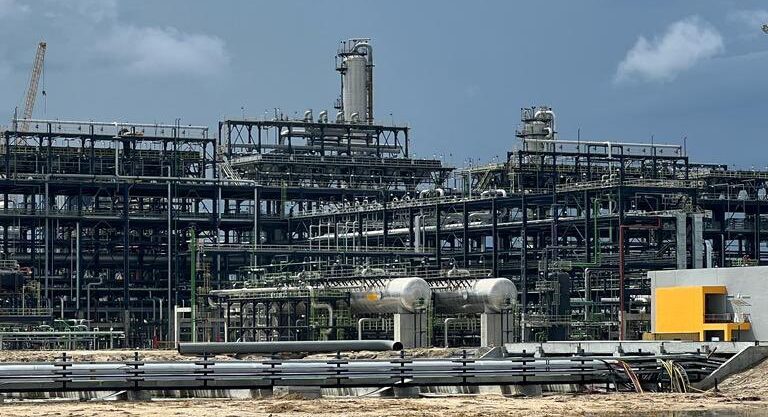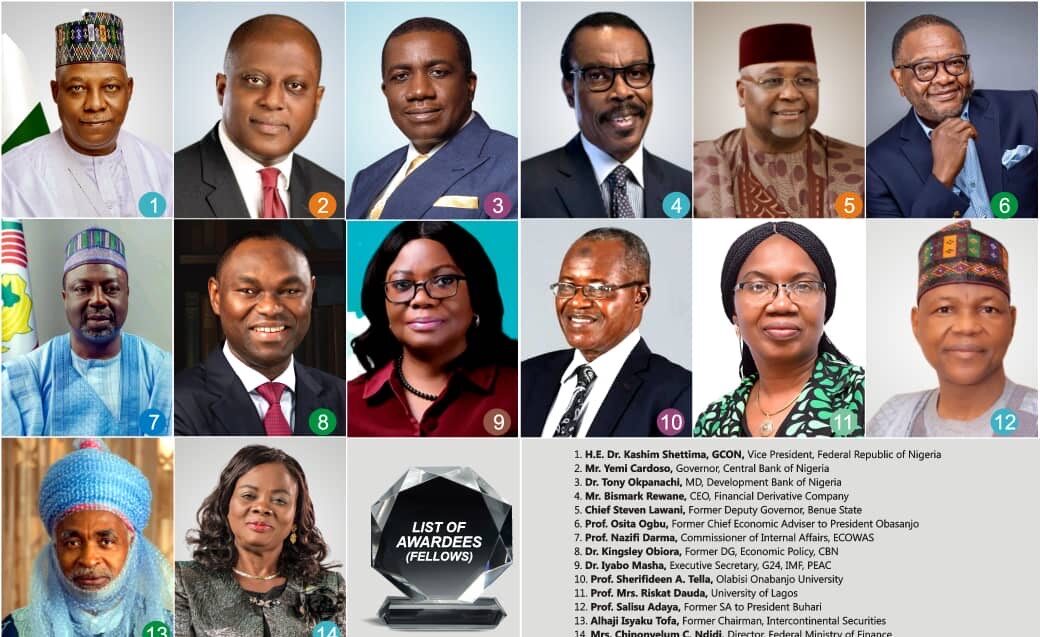By Ayisat Agbaje-Okunade
If bad leadership is Africa’s oldest problem, why haven’t we institutionalized a solution? For decades, conferences, headlines, and think tank reports have echoed the same refrain: that Africa’s development is held hostage by poor leadership. We cite corruption, policy inconsistency, and weak institutions as the culprits, yet we seldom ask how leaders arrive in power so unprepared to govern in the first place.
The truth is, Africa doesn’t suffer from a leadership vacuum. It suffers from a leadership pipeline problem. Across the continent, there is little structure in place to deliberately educate, prune, and prepare future leaders for the civic, ethical, and technical complexities of leadership. We continue to replace leaders, hoping for different outcomes. But leadership is not a product of elections alone; it is a function of design. If we want better leadership, we must build systems that consistently produce better leaders. That means embedding leadership development not just in classrooms or workshops, but in law, where it gains the protection, permanence, and funding it needs to survive.
The Depth of the Leadership Deficit
Africa’s leadership challenge is not anecdotal; it’s structural and well-documented. According to the Ibrahim Index of African Governance (IIAG), over half of African countries have shown stagnation or decline in the areas of political participation, rule of law, and government accountability over the last decade. Despite moments of progress, the overall trend points to institutional fragility rather than resilience. The issue is not just who is in power, but how unprepared public leaders are to govern in a world of growing complexity.
This reveals a painful irony: Africa is rich in youth, talent, and aspiration, yet poor in the systems required to translate that promise into effective leadership. In most countries, there is no formal, legally grounded structure to identify, train, and incubate future public-sector leaders. Civic education is patchy and until that changes, Africa’s leadership crisis will persist, regardless of who holds office.
Why Education and Service Must Be Central to Leadership Formation
Leadership in the public sphere requires institutional intelligence. While academic achievement is important, degrees do not automatically confer civic wisdom. They do not teach how to navigate trade-offs in public policy, how to build institutional trust, or how to implement reform amidst political complexity.
Across the world, high-performing governments institutionalize this blend of education and service. In Singapore, the Civil Service College ensures that leadership development begins early, linking career progression with training in policy and governance. India’s LBSNAA produces Indian Administrative Service (IAS) officers who undergo rigorous leadership education, scenario planning, and ethical instruction. France’s ENA (now replaced by INSP) historically served a similar purpose: producing technocrats grounded in national development priorities.
Africa has the talent to build its equivalents. But without laws, mandates, and funding streams, these efforts will remain fragmented and unsustainable.
The Codification of the Lateef Jakande Leadership Academy
In 2022, Lagos State Governor, Babajide Sanwo-Olu launched the Lateef Jakande Leadership Academy (LJLA) as a structured solution to a growing problem: the widening gulf between public leadership and leadership readiness. LJLA set out to provide young professionals with direct immersion in the machinery of government, while grounding them in ethics, service, and systemic thinking.
The LJLA model is built around a 12-month immersive fellowship. Fellows are competitively selected and embedded within ministries, departments, and agencies across Lagos State. They attend high-level policy briefings and contribute to the design and implementation of public programs. Their experience is supplemented with structured learning modules covering public administration, budgeting, law, strategic communications, and systems design.
What sets LJLA apart is not just its proximity to power, but its intellectual rigor and civic orientation. Fellows participate in policy debates, community engagement, and international policy trips, such as the 2024 and 2025 benchmarking visits to India and Singapore. These trips offered fellows an avenue to analyse how other nations build enduring systems and return home to reflect on local adaptation.
June 2025 marked a defining moment for the academy. The Lagos State Government signed the Lateef Jakande Leadership Academy into law, officially transitioning it into a statutory institution. The law establishes a formal governance structure, including a board with mandated gender diversity, and secures the academy’s legal continuity beyond political terms. While fellow selection criteria have been consistently applied in practice, codification signals that such frameworks are expected to remain transparent, merit-based, and institutionally protected.
Why does this matter? Because leadership development, when left to informal initiatives or short-term programmes, is vulnerable to shifting political priorities or outright neglect. By codifying LJLA, Lagos State has sent a clear signal: that the business of grooming future leaders is as vital as the physical infrastructure they will manage. Codification transforms leadership into something structural, durable, and non-negotiable. This is how Africa protects its future—by making leadership permanent.
Codifying Leadership Pipelines Across Africa
Africa is home to the world’s youngest population, with over 60% of its citizens under the age of 25. Without deliberate pipelines, this vast talent pool is often left disengaged, unemployed, or recruited into informal patronage networks rather than empowered to lead public transformation.
A few countries have begun experimenting. Rwanda’s National Leadership Institute (NLI) offers high-level training to public officials, Ghana’s National Service Scheme mobilises youth in leadership roles, and Kenya’s Leadership Internship Programme provides entry-level experience
What these models offer, the Lateef Jakande Leadership Academy Amplifies with its legal codification. When a leadership development program is enshrined in law, it gains protection from political turnover, formal oversight, and consistent funding. Imagine if every African country embedded a national civic fellowship into law: a program that selects promising young citizens through transparent, merit-based processes; immerses them in real government functions; provides ethics and policy education; and measures long-term civic impact.
This is not idealism. It is institutional design, and it is long overdue.
From Complaints to Constitution
Africa’s leadership crisis has been diagnosed repeatedly in academic journals, donor reports, and popular frustration. But diagnosis is not design. And outrage is not infrastructure. If we are serious about building a new generation of leaders capable of stewarding Africa through the 21st century, we must stop outsourcing their formation to chance, privilege, or foreign training programs. We must design for leadership and legislate for it. Because ultimately, the future will not be shaped by those we elect once every four years, but by the institutions that train, test, and temper them long before the ballot box ever opens.
The next generation is ready. The question is: will we give them structure, or just speeches?
*Ayisat Agbaje-Okunade is the Executive Secretary, Lateef Jakande Leadership Academy



